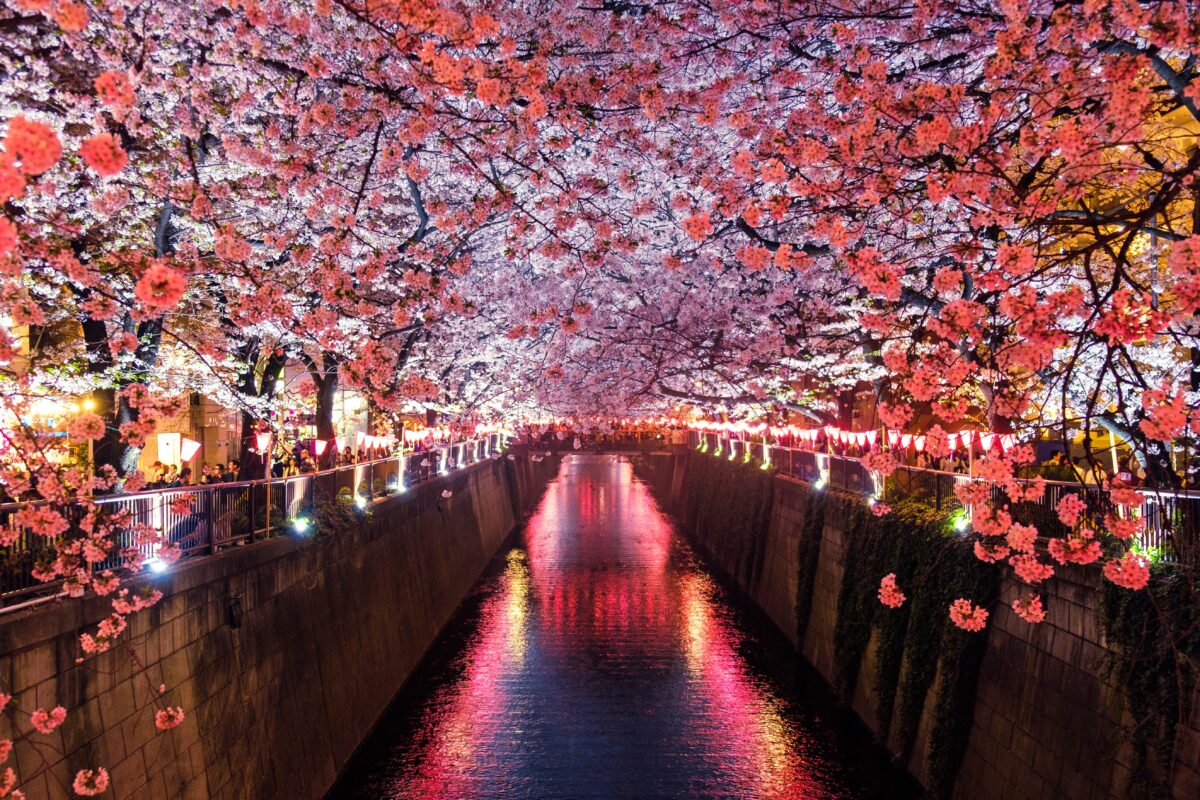In Chinese culture, the number 8 (“bā”) is considered highly auspicious due to its phonetic resemblance to the words for ‘wealth’ or ‘prosperity’ (发 “fa”) in Mandarin. This belief influences various aspects of life, from choosing phone numbers to determining significant event dates. The symbol for the number 8 (八) is embraced as a powerful symbol of good fortune and prosperity.
The lucky number 8




